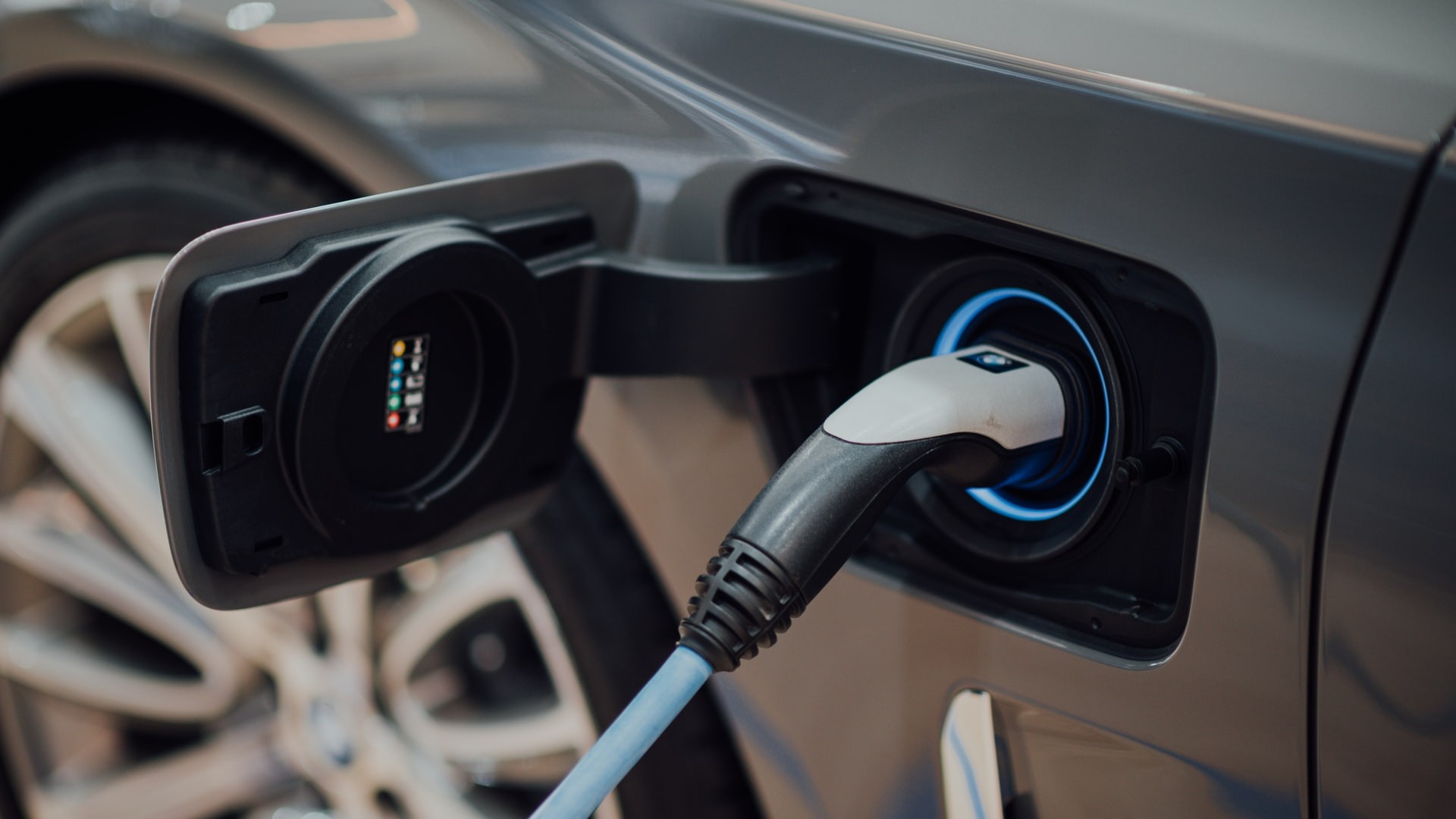Ofgem pledges to help businesses and consumers benefit from EV revolution
Energy regulator Ofgem has set out how it will support the rollout of electric vehicles (EVs) in Britain, ensuring that the infrastructure and technology is in place for the rapidly growing number of EVs on the road.
The regulator’s “priorities for a green, fair future” include ensuring network capacity is in place to support the rollout of electric vehicles, with a pledge to invest billions more in network investment. £300 million was approved by Ofgem in May 2021, half of which will be used to develop EV infrastructure, including rapid charge points.
Ofgem also wants to bring down the costs of connecting to the grid where reinforcement is required; for example, in the case of electric vehicle charging stations. The regulator hopes this will enable a greater number of people to have access to charge points where they need.
Lowering costs for consumers
An estimated 14 million EVs will be on the road by 2030, and Ofgem says it wants any changes in regulation to come at least cost to consumers. The regulator wants to maximise the benefits of smart charging – which allow EV owners to charge at periods of low demand when electricity is cheaper.
It also wants to support the development of vehicle-to-grid technologies, which allow EV owners to earn money by exporting electricity back from their car battery to the grid when it is most needed. This will help reduce the amount of electricity generation needed at peak times.
Ofgem says that exporting electricity through vehicle-to-grid, if combined with an uptake of smart charging, could reduce peak demand equivalent to the generation capacity of up to ten large nuclear power stations. This would reduce the overall cost of running the electricity system and help keep bills lower for all consumers, including those who do not own electric vehicles.
Ofgem has also pledged to help drivers switch to EVs by working with energy suppliers and innovators to make sure there are a range of products, services and tariffs for UK energy consumers to take advantage of. It will ensure consumer protections are updated to keep up with technological and business model change.
Neil Kenward, Ofgem’s Director of Strategy and Decarbonisation, said: “Our electric vehicle priorities not only provide a way to meet our climate change targets but importantly offers ways to protect consumers from rising bills, through a three-prong approach of increased use of electric vehicles, smart charging and vehicle-to-grid technology which together can help drive down costs for all GB bill payers.”













